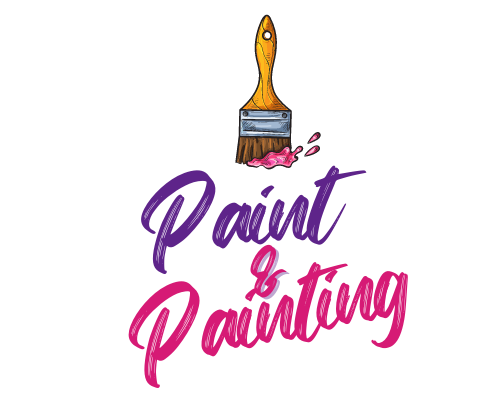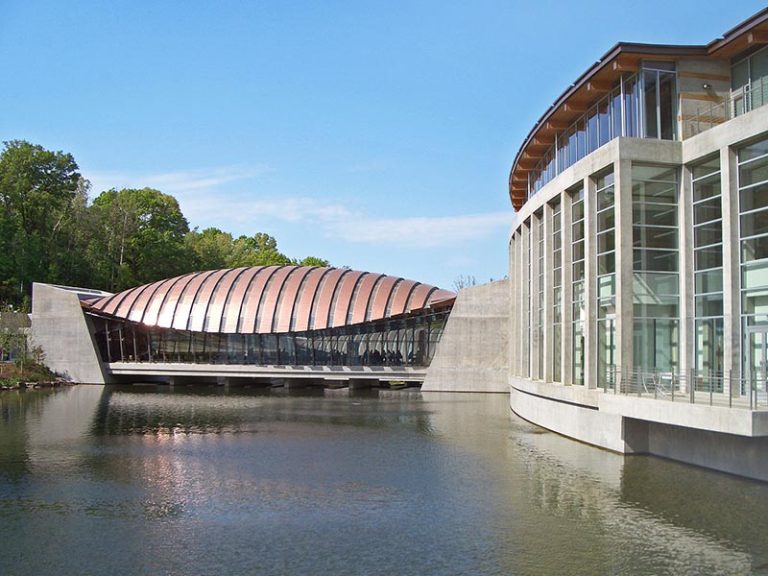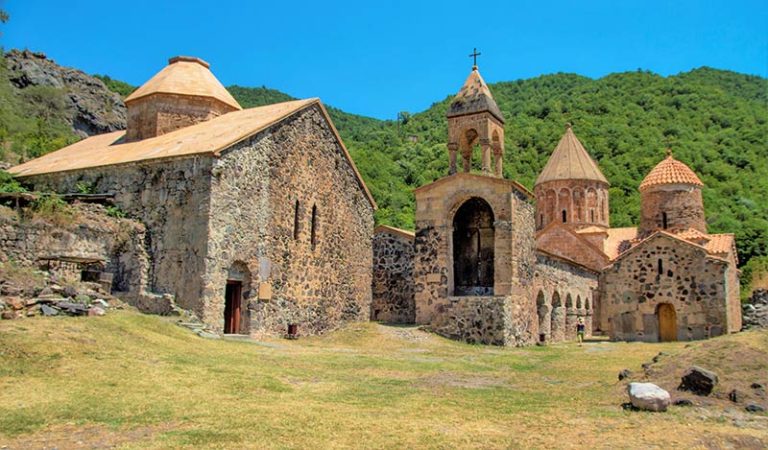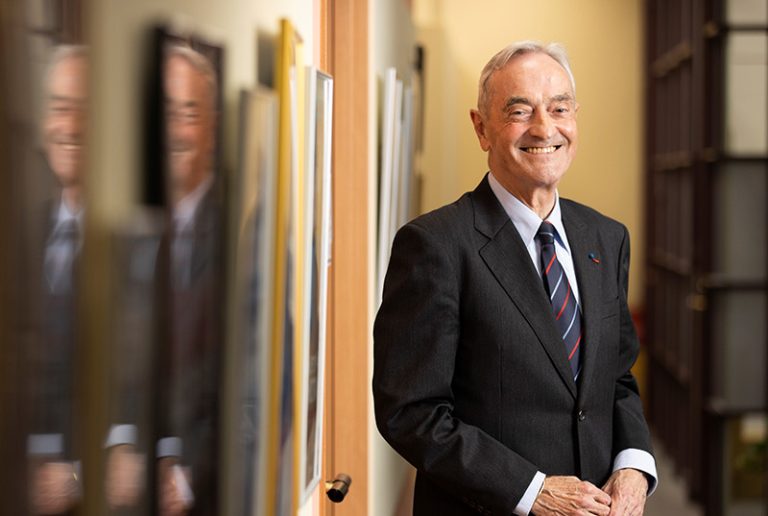France. If the Louvre Abu Dhabi, the Aliph Foundation and the archaeological excavations on the Al-Ula site successfully embody French cultural diplomacy, these three projects depend on different actors. The Louvre Abu Dhabi is a creation of the France Muséums agency (a French private law company with public shareholders, including the Louvre) while Aliph is a private law foundation with NGO status (of which France is co-founder and first financier ). Archaeological excavations depend on the CNRS and the Excavations Office of the Ministry of Europe and Foreign Affairs (MEAE), and are part of the activities supervised by the Afalula agency (Franco-Saudi creation). It is precisely this type of projects including multiple stakeholders that the report by two senators (Catherine Morin-Desailly and Else Joseph) takes as examples to respond to the challenges: how to better coordinate stakeholders and create momentum?
Competition within ministries
The report, presented to the committee on Wednesday October 25, notes that France has recognized expertise in the field of heritage, with great international successes. But quickly, the two editors arrive at structural problems: two ministries manage requests for heritage expertise in parallel, the MEAE and the Ministry of Culture. A simplified diagram summarizes, in the report, the main actors and their links with these two ministries, and the senators conclude that there is almost no coordination between the two. But within the ministries, the services do not coordinate either: this is the case between the General Secretariat of the Ministry of Culture, which manages the International Cultural Expertise Mission (MECI) and the Heritage Directorate on which the directorates of cultural heritage depend. heritage professions.
Asked by The Arts JournalCatherine Morin-Desailly even speaks of “internal competition within services” of the same ministry. She points “deficient coordination”, in particular because the two ministers do not jointly manage the heritage issues of diplomacy of influence. The report highlights that this is an old problem and Catherine Morin-Desailly says it is missing “a political incarnation” on this topic. It is true that apart from official inaugurations (Louvre Abu Dhabi, Center Pompidou Kanal) and presidential visits (Emmanuel Macron in Lebanon), politicians say little about French expertise in heritage matters abroad. However, the report argues that this is a major political issue, and Catherine Morin-Desailly adds that “demand from foreign countries is very strong”, both at the level of museums and the training of curators or the protection of heritage.
Creation of a “task force”
However, museums and French heritage professionals are under the supervision of the Ministry of Culture, and not the MEAE which retains control of French-influenced diplomacy. Catherine Morin-Desailly therefore advocates a rebalancing, which would favor the Ministry of Culture, which is de facto “the first point of contact for foreign countries when they want museum expertise”. She proposes in the report to create a “ task force » with senior officials from both ministries, as well as relevant ministers, who would meet regularly. The senator notes that the General Directorate of Heritage and Architecture is rather focused “towards national missions”but suggests using, for international missions, “the pool of experts” who depends on it (curators, art restorers, architects, archivists). The MEAE could at the same time use the diplomatic network abroad (embassies, French Institutes) to “foresight” and, in a way, anticipate demands for expertise and professional training, due to the good knowledge of the local terrain that diplomats possess. It should be noted that with the gradual disappearance of professional diplomats, this skill could become rare.
There remains an obstacle, of a financial nature: the report notes that the budgets devoted to heritage expertise and its promotion are insufficient. Catherine Morin-Desailly talks about a sector “very competitive, where the United States and Germany, for example, are very active”, which requires significant resources. She cites the case of a recent French failure, the Grand Egyptian Museum in Cairo, a project won by a German-Irish architectural firm: is this due to a lack of coordination or a lack of resources on the French side? The question of budgets devoted to diplomacy of influence remains sensitive because it depends on arbitration “in high places” as pointed out in the report, which does not address the control of the Élysée over cultural diplomacy. Other older reports, notably from the Court of Auditors, already recommended a reform of the sector of influential diplomacy, in vain: perhaps this report from elected officials will find an attentive ear among ministers and the President of the Republic.







